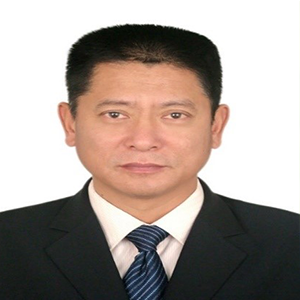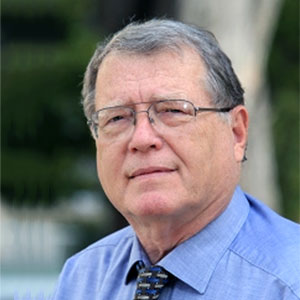Abstracts

Senior Colonel Yang Jun (Retd)
Working Session II
Peaceful Regional Connectivity and Prosperity
Contemporary Military Technologies and Future Warfare
Since the 16th Century, mankind has experienced five rounds of science and technology revolution. Every major breakthrough in science and technology was rapidly applied to the military field, advancing the development of a series of major weapons and equipment, and driving the form of war from hot- and cold weapon warfare to mechanised warfare to IT-based warfare, and then to intelligent warfare.
Technological advantage has become an important material basis for establishing military superiority. In this context, the space, field and dimension of military activities are expanding day by day, putting forward higher requirements for systematic, quantified and engineering-based military theories. Future warfare can only be won by grasping the laws and characteristics of modern warfare, jumping out of the box of traditional thinking and stereotypes and taking into consideration systems, data and algorithms, exploring new operation concepts, designing new approaches to victory, strengthening the integration of warfighting & technological development and that of research and operations, and drawing on others’ strengths to make up for one’s own shortcomings.

Dr George M. Moore
Working Session III
Drones and Proliferation of LAWS: The New Battle Space
The presentation will discuss how the current and future proliferation of drones and Lethal Autonomous Weapon Systems (LAWS) have and will change both military and civil security, including the impact of AI and removal of the human element from lethal decision-making and how this relates to current and potential future international agreements.
Finally, the talk will discuss the potential that the use of drones, particularly Uncrewed Aerial Vehicles (UAVs) may have on lowering the threshold for conflict. Throughout the presentation, reference will be made to the ongoing issues raised by UAV operations in Ukraine.

Air Commodore R. Shaun Clarke, ONZM (Retd) (Keynote Speaker)
Session IV
Future of Manned versus Unmanned Aerospace Operations
The era of autonomous weapons is upon us. The nexus of policy imperatives, Artificial Intelligence and future weapons systems has the potential to produce the most fundamental shift in the evolution of warfare. As the technological environment changes and an increasing number of countries invest in state-of-the-art robotic aerospace
weapons, other nations are pressured to take a position. The stakes are high for small nations seeking peace, but also preparing to fight for their beliefs, values and policies. Maintenance of competitive military influence in the national
power mix remains vital. Is the shift to autonomous
weapons really inevitable? What are the implications for the conduct of warfare? Above all, what are the implications for the role of the human in the aerospace battle? How might small nations consider, adopt or resist the migration to
uninhabited platforms as the ‘manned vs unmanned’ debate
is waged?

Prof. Dr James J. Wirtz
Session IV
Weaponisation/Militarisation of Space: Strategic Choices of Global Players
When it comes to the militarisation of space, the world is at an
inflection point. Space-based communication, intelligence,
reconnaissance and surveillance systems figure prominently in
peacetime and wartime military operations. Kinetic and non-
kinetic spaced based weapons have been tested if not
operationally deployed on a day-to-day basis by the great powers
and hypersonic vehicles promise to open pathways to new types
of military operations in space. Nevertheless, it also is clear that
competing militaries have not yet gone ‘all in’ when it comes to
the militarisation of space. Is space destined to become an active
conflict domain? Will great power competition overwhelm what
little restraint remains? Are there any historical parallels that can
serve as a guide to future developments in space?
